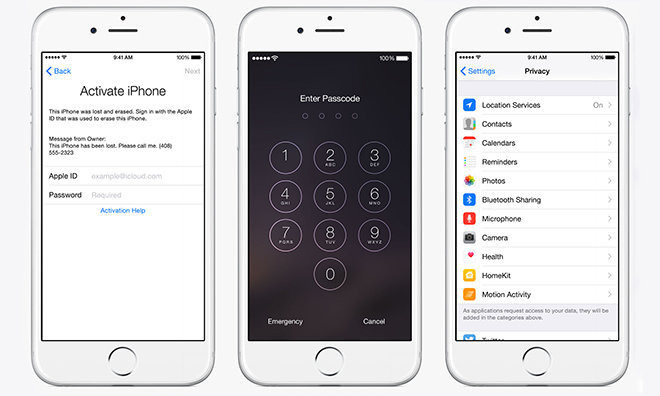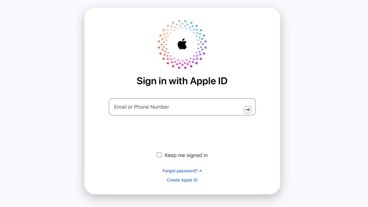Proposed bill would ban US states from mandating backdoors in encryption
A bipartisan bill introduced to the U.S. House of Represenatives on Wednesday would bar individual states and localities from requiring backdoors in encryption, something often demanded by law enforcement officials and intelligence agencies.
The ENCRYPT Act, sponsored Democrat Ted Lieu and Republican Blake Farenthold, was crafted in direct response to proposed rules in New York and California that would require companies to be able to decrypt smarthones, Reuters reported.
"It is completely technologically unworkable for individual states to mandate different encryption standards in consumer products," said Lieu. "Apple can't make a different smartphone for California and New York and the rest of the country."
Though Reuters suggested that the House could be sympathetic to the bill, support could also be influenced by people like FBI Director James Comey, who has regularly warned that encryption could interfere with investigations and put lives at risk. On Tuesday, Comey appeared in front of a Senate panel, where he said that investigators were still unable to access the contents of a phone belonging to one of the shooters responsible for the Dec. 2 massacre in San Bernardino, Calif.
Companies like Apple have put their own pressure on U.S. politicians, arguing that leaving holes in encryption would simply make intrusion easier for malicious hackers and/or government surveillance.
The encryption in iOS 8 and iOS 9 is so stringent that even when served with a warrant, Apple claims it can't crack a passcode-protected device. Later versions of Google's Android OS support similar levels of encryption, though it may sometimes have to be enabled manually.
 Roger Fingas
Roger Fingas











 Mike Wuerthele
Mike Wuerthele

 Malcolm Owen
Malcolm Owen
 Chip Loder
Chip Loder

 William Gallagher
William Gallagher
 Christine McKee
Christine McKee
 Michael Stroup
Michael Stroup







25 Comments
So, the States can't demand it. The Feds do hate competition you know.
Introducing backdoors to secure messenger apps would undermine democracy since you'd never be sure whether you're being spied on; ultimately, it would lead to an orwellian dystopia. (Also, services located abroad (e.g., Threema, which is based in Switzerland) would hardly ever introduce a backdoor.)
Backdoors are a vulnerability. You can't increase security by weakening it.
Not comfortable with any laws promoting OR restricting encryption. Once lawmakers sink their claws into something, it will be amended to benefit them. This is not a positive development, despite appearances. We already have a constitutionally guaranteed right to the protection of our "effects" (4th Amendment). Laws and rulings on laws lead to precedent, which is the basis for out-of-control government. We don't need another law to negate already unconstitutional laws, we need to eliminate the original offense!